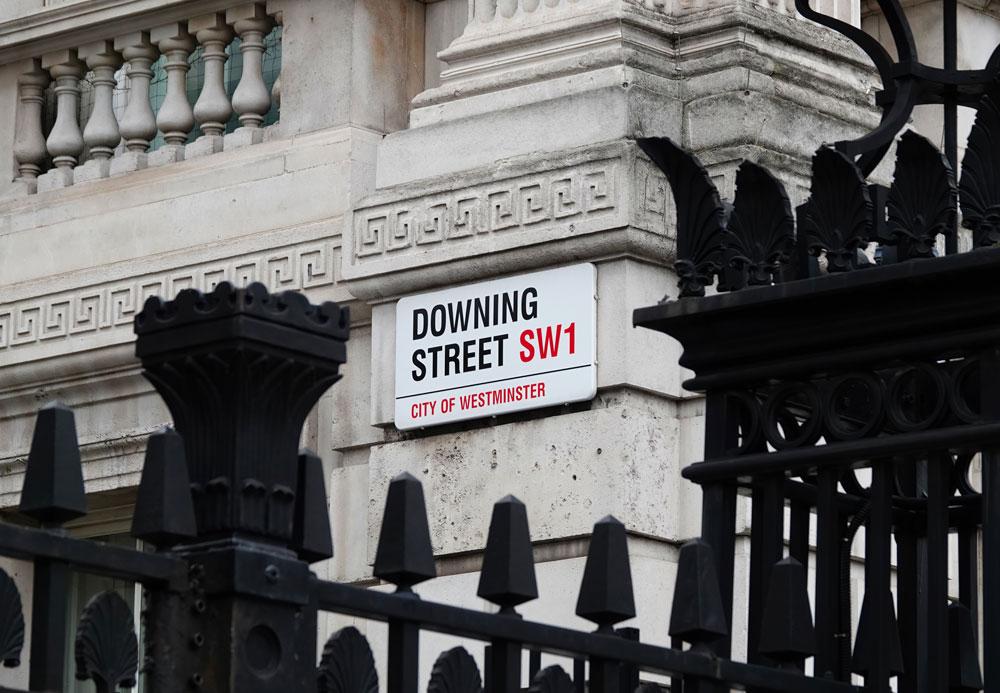With a Labour government in power for the first time in 14 years, many are hoping for a cash injection for the NHS. But what have they promised and what have they already delivered or underdelivered?
On 4 July, just over half of us in the UK cast a vote in the general election. Some hoped the Conservative government would continue to win over voters, but others were looking for change after 14 years of the same party. While it was the lowest turnout in a UK general election since universal suffrage according to a study from the Institute for Public Policy Research, the much-awaited final result was at the forefront of many people’s minds.
You know what happened next. Labour won by a landslide majority with 412 seats, an increase of 211 since the previous general election took place in 2019. The Conservatives suffered their biggest loss in history, and Rishi Sunak stepped down from his position as prime minister.
Replacing him, Keir Starmer took to the podium outside 10 Downing Street and said the new government “will carry the responsibility of your trust, as we rebuild our country.”
One of the key pillars the Labour Party discussed throughout their campaign was improving healthcare across the UK.
NHS wait times, staff mental health, and severe delays of medical procedures were among the issues named in their ‘Change’ manifesto. Starmer promised that these would be dealt with to build an “NHS fit for the future.”
As Wes Streeting is settling into his new role as health and social care secretary, he has ordered an independent review of NHS performance.
While we await the results of this report, we look at what promises the party made and how far they are on delivering them.
Changes to social care
In their manifesto, the Labour Party said they would look to recruit more social care workers from the UK instead of a “long-term reliance on overseas workers”.
Since the general election, the government has announced a new Workforce Strategy for adult social care in England.
The Workforce Strategy aims to improve the quality of roles in adult social care, ensuring that the sector can attract and keep enough people with the right skills and values to provide the best possible care and support for the people who draw on it.
The Strategy includes independent modelling of three different options to improve pay: increasing compliance with the National Living Wage and paying care workers for travel time, a minimum wage for carers of the Real Living Wage or £1 or £2 above the National Living Wage - and aligning with NHS pay bands.
Professor Oonagh Smyth, CEO of charity Skills for Care, said: “A Workforce Strategy isn’t a nice-to-have, it’s a must-have if we’re going to build the workforce we need for the future.
“As the prime minister noted during the election campaign, reform of social care needs to start with the workforce – so we’re looking forward to working with the government on the areas where their support will be crucial to bringing this game-changing Strategy to life.”
The manifesto also said that “Labour will work with local government to support children in care, including through kinship, foster care, and adoption, as well as strengthening regulation of the children’s social care sector.”
The Party added that they will improve data sharing across services with a single unique identifier to better support children and families.
They also said Labour will ensure the publication of regular, independent workforce planning, across health and social care.
For many people, an obvious way to combat these issues is to change how people pay for social care in England.
Under the proposals set out by the previous government, a new £86,000 cap would be introduced on the amount anyone in England would have to spend on their personal care over their lifetime.
Only money spent by a person on meeting their personal care needs would count towards the cap. Spending on daily living costs would not be included. The cap would also not apply retrospectively; costs accrued before implementation would not count towards
the cap.
The legislative framework for a cap is already provided by the Care Act 2014, but the relevant provisions are not currently in force. The previous government amended the Care Act so that only money paid by an individual towards their care would count towards the cap and not any local authority contributions. However, it was criticised for punishing those with low to moderate levels of wealth with less protection than wealthier people.
On 29 July this year, the chancellor, Rachel Reeves, announced the reforms would be cancelled. She said this was to help reduce spending in response to an inherited projected overspend of £22 billion pounds for the 2024/25 financial year. The shadow chancellor, Jeremy Hunt, disputed the rationale for cancelling the projects and said the decision was political rather than economic.
Sarah Woolnough, chief executive of The King’s Fund, commented that social care reform will cost money, but the initial sums can be small, and the cost of not reforming social care is people struggling to fund, or even access, the support they need.
She said: “The government now has no plan to address the core issue in adult social care – the growing mismatch between the population’s need for support and the availability of publicly funded care.”
More developments in technology and AI
Labour were keen to express their desire to modernise the NHS through developments in various technologies across the service.
They said that a system “reliant on pagers and fax machines is not fit for this decade” let alone the next.
The King’s Fund found in a report that technology could help reduce hospital admissions, improve patient experience and outcomes, and help people with ongoing care needs to live independent lives.
To combat a lack of diagnostic scanners, the new government said they will introduce the Fit for the Future fund. This will see investment for the doubling of CT and MRI scanners in the health service to support the NHS in diagnosing diseases more quickly, with Labour commenting that “state of the art scanners with embedded AI are faster and more effective at finding small tumours, saving lives”.
Health minister Peter Kyle also announced £100 million in government funding for five new hubs to develop practical use of quantum technology in areas like medical scanners, secure communication networks, and next-generation positioning systems.
The hubs will be based across the UK, in Glasgow, Edinburgh, Birmingham, Oxford, and London.
They said these quantum hubs would “rebuild Britain with future-proofed cyber security systems.”
An increased use of AI also plays a big part in the government’s new plan. They cited in the manifesto that CT and MRI scanners embedded with AI are faster at catching cancer and other conditions.
The move towards a modernised health service seems to be welcomed, with more than three quarters of NHS staff supporting the use of AI to help with patient care according to research commissioned by think tank Health Foundation.
Additionally, the new government plans to improve the NHS’ patient-centred app by rolling out new features for secondary care across England. This includes being able to receive notifications and messages, complete pre-consultation questionnaires and access documents relating to appointments.
Fair pay for healthcare staff
One of Wes Streeting’s first acts as health secretary was to meet BMA junior doctors committee co-chairs Dr Robert Laurenson and Dr Vivek Trivedi and discuss the nearly two-year-old pay dispute.
Later on at the end of July, the government offered junior doctors a pay rise deal of 22 per cent spread across two years. Junior doctors in England have taken industrial action 11 times since March 2023.
In their manifesto, Labour said that “too many patients have seen their treatment affected by strikes. Labour will reset relations with NHS staff, moving away from the Conservatives’ failed approach.”
For more, keep updated by checking in with the Health Business news site.





